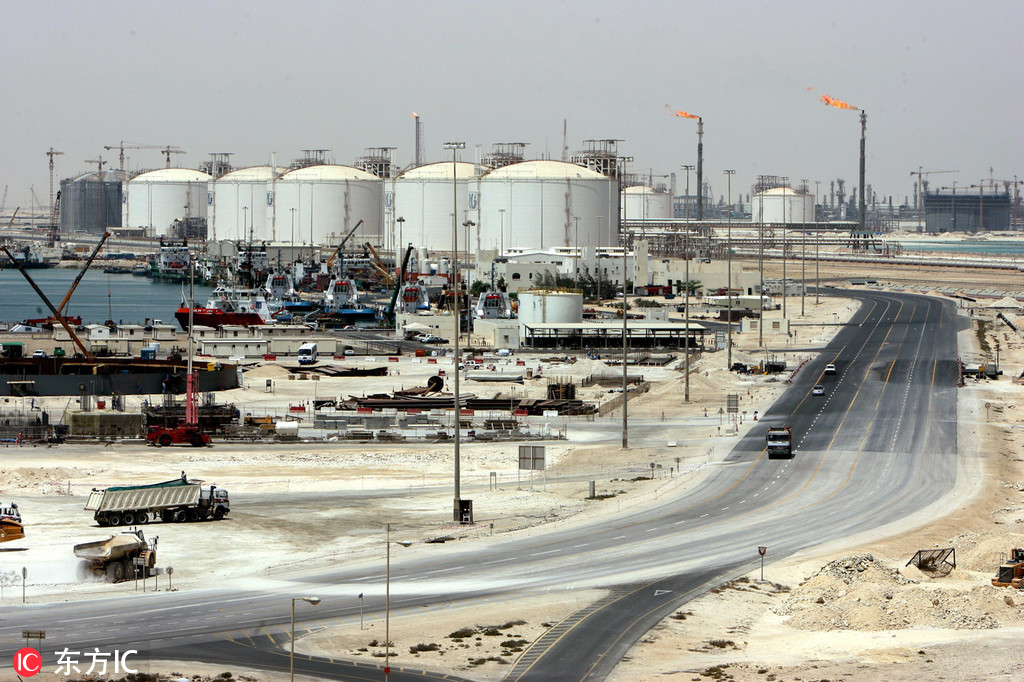UAE says Gulf Arab bloc still strong despite row with Qatar
China Daily | Updated: 2018-12-07 09:20

DUBAI-The United Arab Emirates said on Thursday the Gulf Cooperation Council remained valid despite a bitter row with Qatar that has fractured the bloc ahead of an annual summit next week.
Saudi Arabia, the UAE, Bahrain and non-GCC member Egypt have imposed a diplomatic and economic boycott on Qatar since June 2017 over allegations Doha supports terrorism. Qatar denies the charges and says the boycott aims to curtail its sovereignty.
"The main success of the council is in its economic aspects and the creation of a Gulf common market," UAE Minister of State for Foreign Affairs Anwar Gargash said.
"The crisis will end when the cause behind it ends and that is Qatar's support of extremism and its interference in the stability of the region."
The dispute has undermined the regional role of the six-nation GCC, set up in 1980 as a bulwark against larger neighbors Iran and Iraq.
Last week, Qatar announced it was quitting OPEC after 57 years to focus on gas in an apparent swipe at the bloc's de facto leader Saudi Arabia.
The move has deepened the sense among diplomats and analysts that any prospect for a near-term resolution to the dispute was unlikely to come at the GCC summit in Riyadh.
Saudi Arabia's king has invited Qatar's emir to attend the Sunday gathering of heads of state, but Doha has not yet to say what level of representation it would send.
Bahrain's foreign minister said in remarks published on Thursday that the level of Qatari representation at the one-day summit was irrelevant.
"It is the same whether they attend or not," Foreign Minister Khalid bin Ahmed al-Khalifa told the pan Arab daily Asharq Al-Awsat.
"The crisis with Qatar has reached unprecedented levels and I don't know how they will come back from that, as Qatar has joined itself with the region's enemies such as Iran and distanced itself from the GCC."
Qatar's ruler last month said the dispute "exposed the failure" of the GCC and harmed regional security by weakening the block which groups Bahrain, Kuwait, Oman, Qatar, Saudi Arabia and the UAE.
At last year's summit, Saudi Arabia, the UAE and Bahrain sent ministers or deputy prime ministers.
Reuters
























